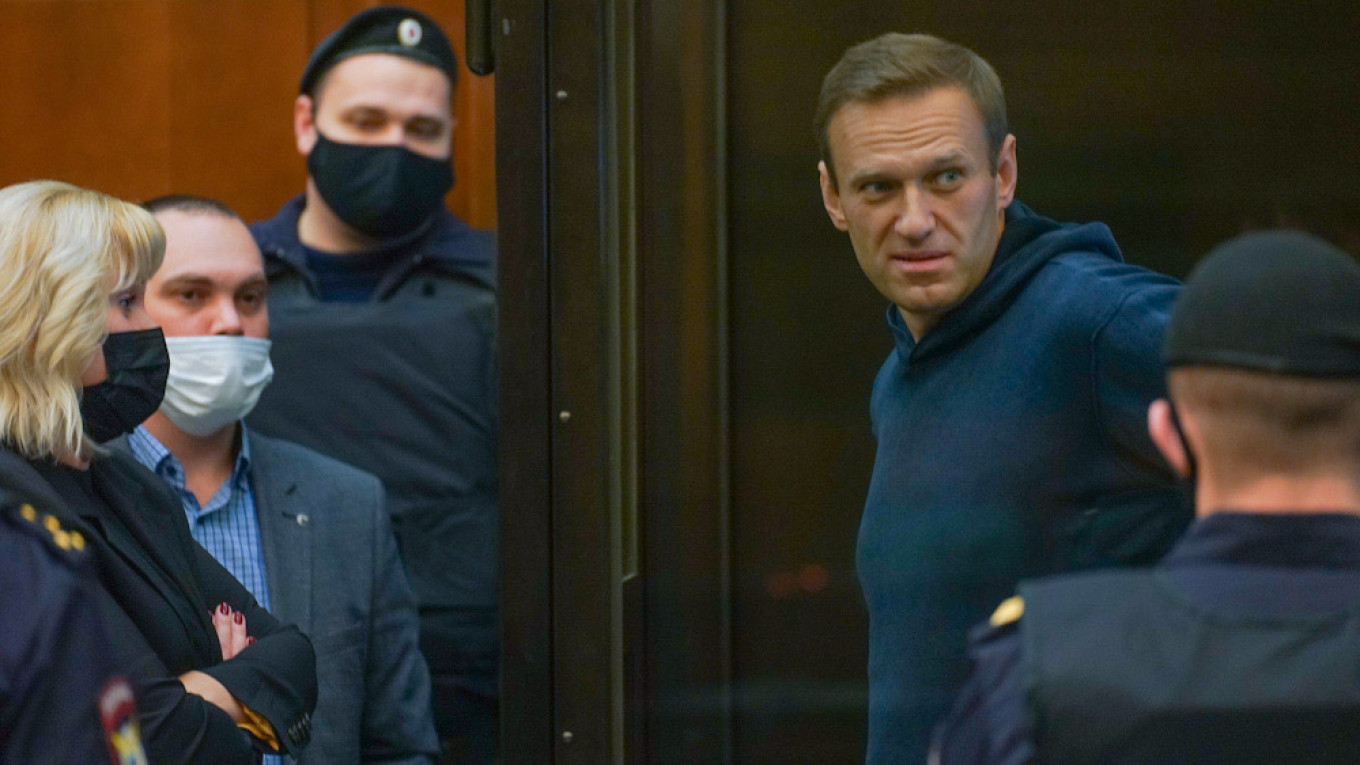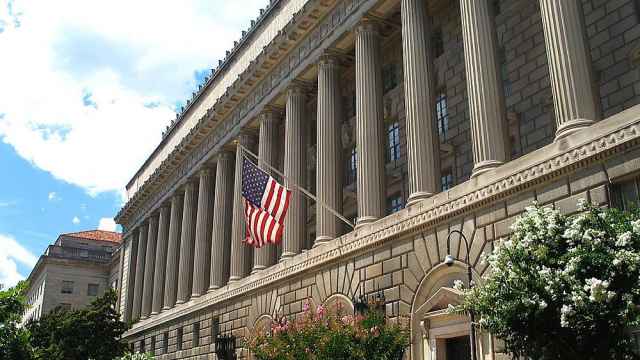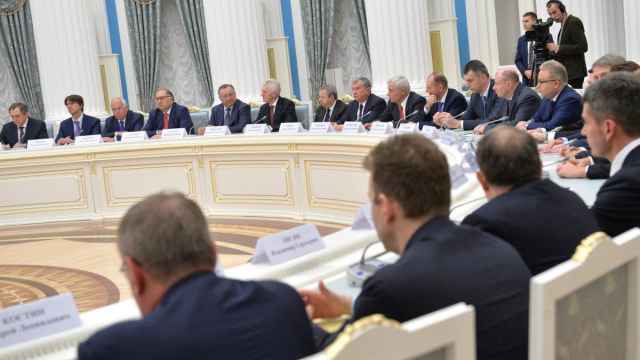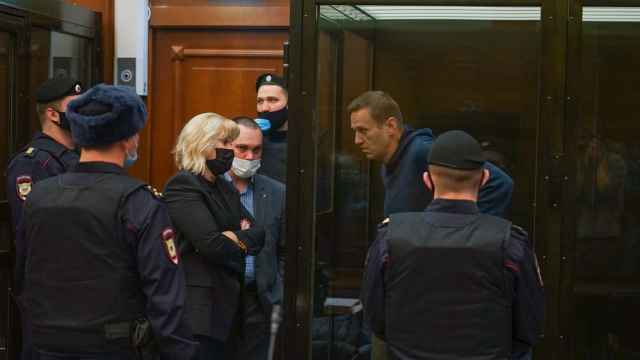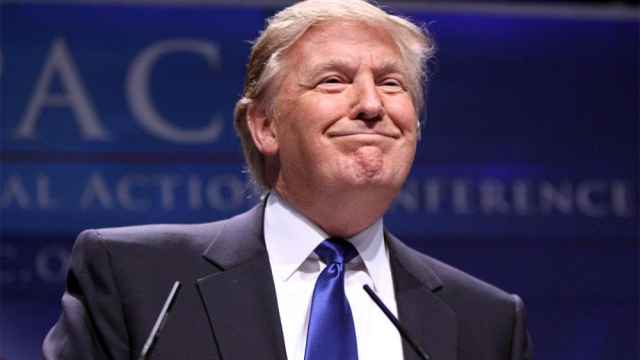The United States and the European Union have imposed new sanctions on senior Russian officials over the poisoning and imprisonment of opposition leader Alexei Navalny, officials announced Tuesday.
President Joe Biden’s first Russia sanctions since taking office in January are coordinated with EU actions against four top Russian justice and law enforcement officials. A senior U.S. official said its intelligence community is publicly assessing "with high confidence" that Russian Federal Security Service (FSB) officers poisoned Navalny using the Soviet-designed nerve agent Novichok.
The United States imposed sanctions on seven senior members of the Russian government, who will have their U.S. assets frozen, and any U.S. transactions with them will be subject to prosecution.
The group included the director of the FSB, Alexander Bortnikov, has led the KGB successor since 2008. The others were Andrei Yarin, head of the Kremlin’s domestic policy directorate, two Russian deputy defense ministers, President Vladimir Putin’s so-called “domestic policy curator” Sergei Kiriyenko, prosecutor general Igor Krasnov and federal prisons administrator Alexander Kalashnikov.
“The Kremlin’s use of chemical weapons to silence a political opponent and intimidate others demonstrates its flagrant disregard for international norms,” said Treasury Secretary Janet Yellen in a statement announcing the sanctions.
“We join the EU in condemning Alexei Navalny’s poisoning as well as his arrest and imprisonment by the Russian government.”
The United States also said it would restrict exports to Russia as it vowed that Biden would take a harder line than his predecessor Donald Trump, who voiced admiration for Putin.
The EU’s sanctions announced Tuesday come in response to Navalny's detention and repressions against pro-Navalny protesters. They target National Guard director Viktor Zolotov and Investigative Committee chief Alexander Bastrykin, as well as two Russian officials also sanctioned by the U.S. — Prosecutor General Krasnov and prisons head Kalashnikov.
The EU had initially responded to the Navalny poisoning in October with sanctions on six Russian officials and a state research institute. European scientists and the global chemical weapons watchdog determined that Navalny was poisoned with a new variant of Novichok when he fell ill in August 2020.
UN human rights experts on Monday said they hold the Kremlin responsible for Navalny’s poisoning. The Kremlin has denied involvement and cast doubt on whether Navalny was poisoned at all.
Foreign Minister Sergei Lavrov said Tuesday that Moscow will “invariably” respond to U.S. sanctions, while the Kremlin said the new sanctions would not achieve their aims and worsen already strained ties.
AFP contributed reporting.
A Message from The Moscow Times:
Dear readers,
We are facing unprecedented challenges. Russia's Prosecutor General's Office has designated The Moscow Times as an "undesirable" organization, criminalizing our work and putting our staff at risk of prosecution. This follows our earlier unjust labeling as a "foreign agent."
These actions are direct attempts to silence independent journalism in Russia. The authorities claim our work "discredits the decisions of the Russian leadership." We see things differently: we strive to provide accurate, unbiased reporting on Russia.
We, the journalists of The Moscow Times, refuse to be silenced. But to continue our work, we need your help.
Your support, no matter how small, makes a world of difference. If you can, please support us monthly starting from just $2. It's quick to set up, and every contribution makes a significant impact.
By supporting The Moscow Times, you're defending open, independent journalism in the face of repression. Thank you for standing with us.
Remind me later.


